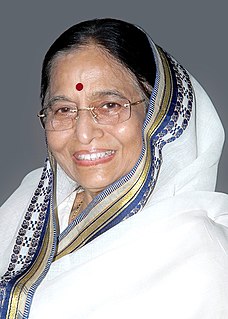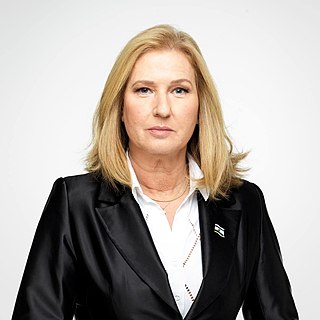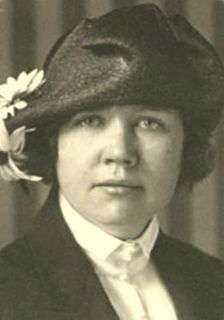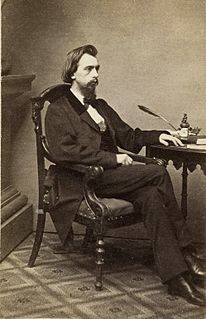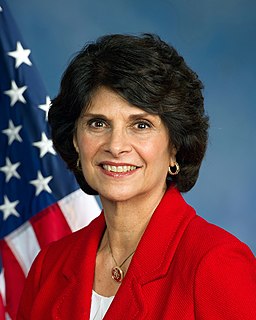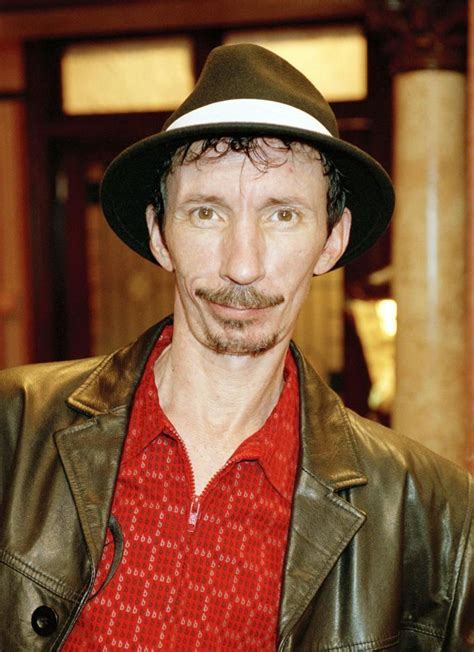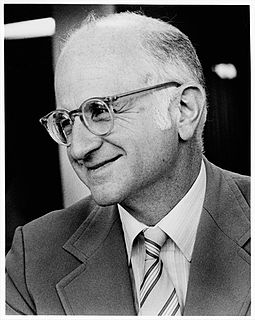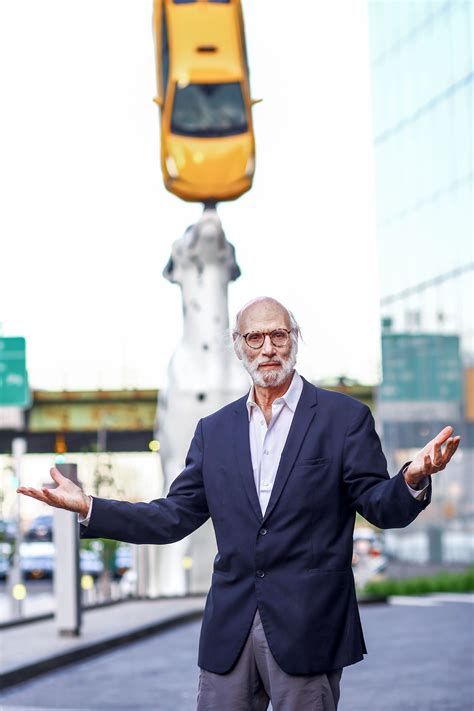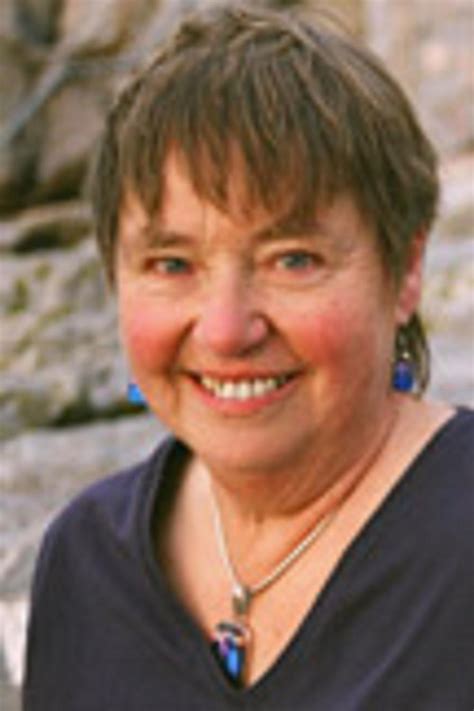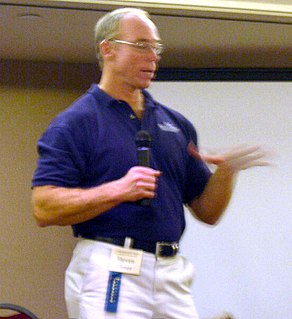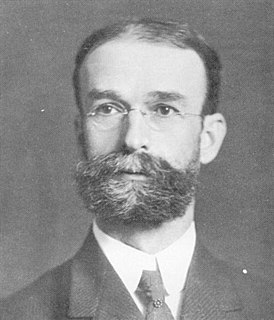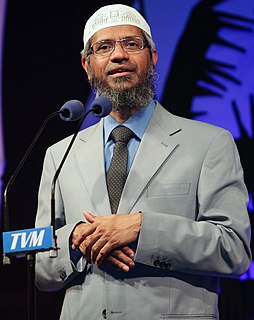A Quote by Joost Meerloo
In my own experience, I have been amazed to see how unrealistic are the bases for political opinion in general. Only rarely have I found a person who has chosen any particular political party - democratic or totalitarian - through study and comparison of principles.
Related Quotes
The task of the political philosopher can only be to influence public opinion, not to organize people for action. He will do so effectively only if he is not concerned with what is now politically possible but consistently defends the "general principles which are always the same." In this sense I doubt whether there can be such a thing as a conservative political philosophy. Conservatism may often be a useful practical maxim, but it does not give us any guiding principles which can influence long-range developments.
Any comprehensive doctrine, religious or secular, can be introduced into any political argument at any time, but I argue that people who do this should also present what they believe are public reasons for their argument. So their opinion is no longer just that of one particular party, but an opinion that all members of a society might reasonably agree to, not necessarily that they would agree to. What's important is that people give the kinds of reasons that can be understood and appraised apart from their particular comprehensive doctrines.
Democracy, taken in its narrower, purely political, sense, suffers from the fact that those in economic and political power possess the means for molding public opinion to serve their own class interests. The democratic form of government in itself does not automatically solve problems; it offers, however, a useful framework for their solution. Everything depends ultimately on the political and moral qualities of the citizenry.
Radical groups can become legitimate political players in the democratic process if they accept core democratic principles and abandon the use of force as a political tool. Or they can maintain armed terrorist militias in order to threaten their neighbors and intimidate their people. The international community should not allow them to do both.
If you were to ask any children of any politician, when you've been part of a political life, you are not on the sidelines. There is no such thing as a member of a political family who is only a spectator. You see the wheeling and the dealing. That doesn't intimidate me. I'll do a little of that myself, on behalf of my constituents.
Look, the United States doesn't have political parties. In other countries, take say Europe, you can be an active member of the political party. Here, the only thing in a political party is gearing to elections, not the other things you do. So it's basically, a way of making people passive, submissive objects.


